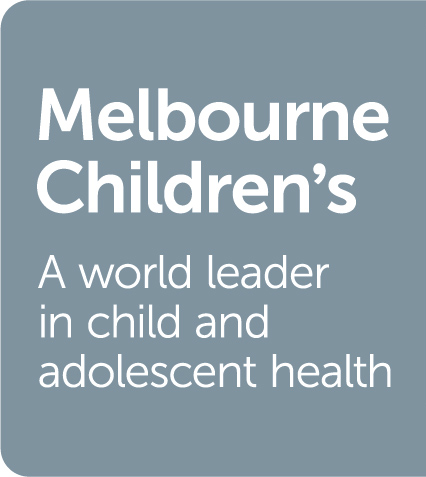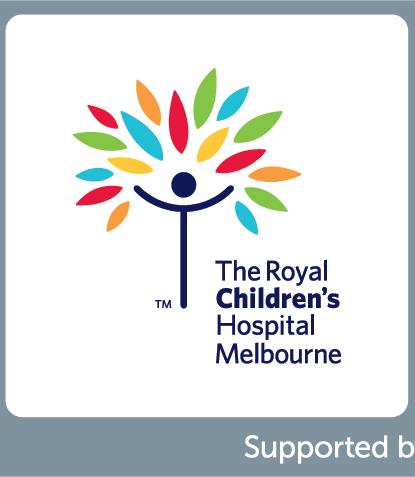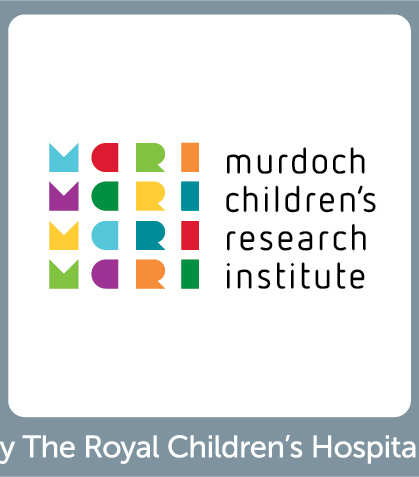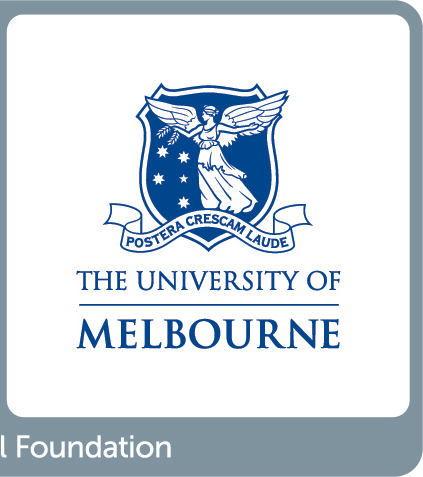Implementing a measurement-based care model for anxiety
Why do we need this project?
Anxiety is one of the most common mental health conditions. In Australia, one in 14 children and young people (aged 4 -17 years) experience an anxiety disorder.
Introducing validated patient reported outcome measures (PROMs) for anxiety into routine practice across The Royal Children’s Hospital (RCH) will assist clinicians to more effectively and efficiently identify if anxiety is a problem for a young person and/or if symptoms are improving or getting worse.
Clinicians will be able to view the results in the Electronic Medical Record (EMR) during appointments. Seeing patient reported outcomes in real time will help facilitate conversations about anxiety (a topic that can be difficult to raise) between clinicians, patients and their parents/carers.
PROM questionnaires are not uncommon in the paediatric mental health space, but their use and the frameworks around their use are variable. Implementing a model of measurement-based care will help to reduce variability in care and promote consistent, evidence-based practice.
This project will use two validated outcome measures for anxiety symptoms and anxiety symptom impact: the Revised Child Anxiety and Depression Scale (RCADS) and the Child Anxiety Life Interference Scale (CALIS) respectively. There are numerous outcome measures available for measuring anxiety symptomology and impact. These measures have been chosen because they are recommended by the International Consortium for the Harmonisation of Outcome Measures (ICHOM) as the best measures for children and young people in anxiety symptoms and symptom impact, as recommended by clinicians, researchers, and people with lived and living experience.
Aim
Our aim is to pilot a measurement-based care model for anxiety as part of usual practice within a public paediatric medical setting.
This project will use two validated outcome measures for anxiety symptoms and anxiety symptom impact, the Revised Child Anxiety and Depression Scale (RCADS) and the Child Anxiety Life Interference Scale (CALIS), respectively.
Project sites
A pilot has commenced at the Developmental-Behaviour and Behaviour Clinics, at the RCH Centre for Community Child Health (CCCH).
Our objectives
- Establish the repeated use of outcome measures for anxiety as part of usual clinical practice in child and young person behaviour and development clinics.
- Assess feasibility and acceptability of MBC for clinicians caring for RCH patients with anxiety symptoms.
- Increase clinician confidence and competence in using MBC as part of routine practice to provide care for and manage anxiety.
- Improve clinical outcomes for anxiety experienced by children and young people.
Acknowledgement of Country



At Mental Health Central we acknowledge the traditional custodians of the land on which we live, gather and work. We recognise their continuing connection to land, water and community. We pay respect to Elders past, present and emerging.



